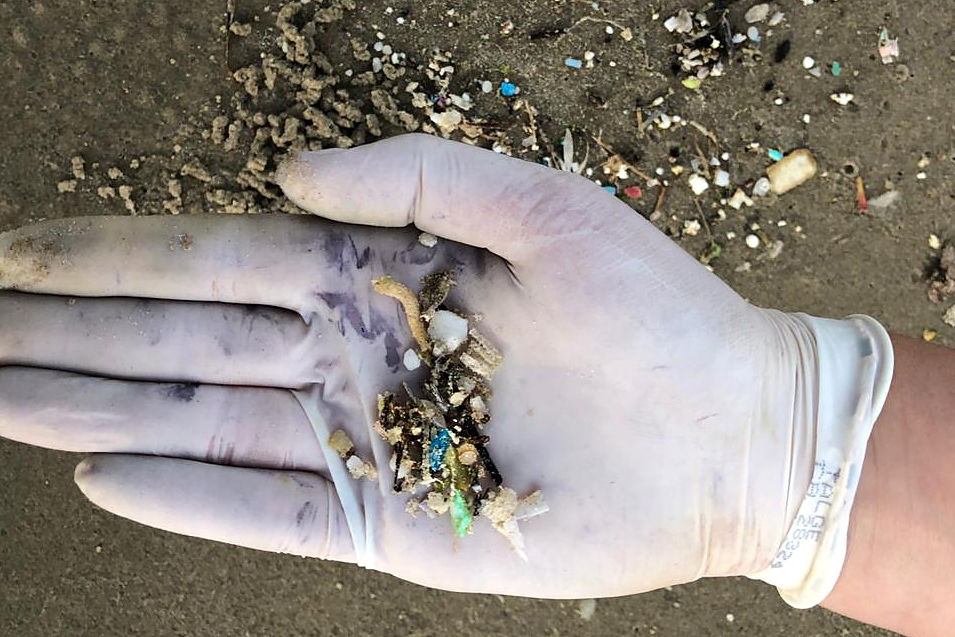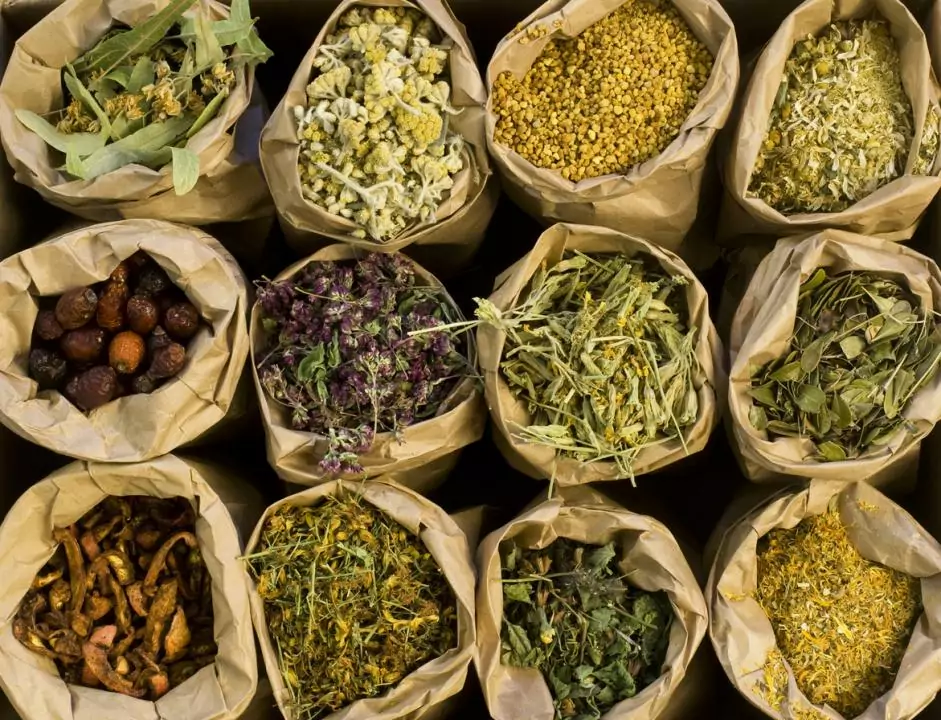Adverts
Marine Ecosystems: A Universe in Transformation
When we dive into the depths of the oceans, we find a world pulsating with life and color, where each creature plays an essential role.
However, the harmony of this universe is being disturbed by a silent and insidious invader: pollution. The interaction between marine life and their habitats is being destabilized, triggering a series of devastating consequences.
Adverts
Marine ecosystems are extremely complex, composed of a vast network of interactions between organisms and the physical environment.
Pollution, in its many forms, introduces a destabilizing element that can disrupt these delicate connections. From microplastics to oil spills, pollution affects ocean health in ways we are only beginning to understand.
Adverts
Plastic Pollution: The Invisible Enemy
Plastics, materials that have become ubiquitous in our daily lives, pose one of the most serious threats to marine ecosystems.
This debris isn’t just unsightly; it has a profound and lasting impact on marine life.
Microplastics: A Microscopic Plague
Microplastics, tiny fragments that arise from the degradation of larger products, are contaminating even the most remote corners of the oceans.

Small enough to be ingested by marine organisms, these fragments cause intestinal blockages and release toxic substances into the animals' bodies. The marine food chain, from the smallest algae to the largest predator, is under constant threat.
Large Debris: Death Traps
Fish, seabirds and mammals often mistake larger plastics for food. Abandoned fishing nets, known as “ghost nets,” trap and kill indiscriminately. The visual impact may be shocking, but it’s the silent, slow destruction that causes the most damage.
Oil Spills: The Black Poison
Oil spills are catastrophic events that cause immediate and long-term damage to marine ecosystems. When crude oil spreads through waters, it creates a barrier that suffocates marine life and poisons habitats.
Impact on Marine Life
Marine wildlife, including fish, birds and mammals, suffer from acute and chronic poisoning due to exposure to oil. Seabirds, while trying to clean their feathers, ingest oil, resulting in death by poisoning or hypothermia. Coastal habitats such as mangroves and coral reefs, which serve as nurseries for many species, are especially vulnerable.
Recovery and Remediation
While there are ongoing efforts to clean up oil spills, it can take decades for an ecosystem to fully recover. Remediation involves techniques ranging from mechanical removal of oil to the use of chemical dispersants, each with its own limitations and environmental impacts.
Sewage and Chemicals: The Invisible Pollution
Sewage and industrial chemical runoff is another insidious form of pollution that affects marine ecosystems. These pollutants often contain toxic substances that can accumulate in the tissues of marine organisms, causing adverse health and reproductive effects.
Dead Zones: Areas of Despair
Nutrient runoff from agricultural activities and domestic sewage can lead to eutrophication, a process that results in excessive algal blooms. When these algae die and decompose, they deplete the oxygen in the water, creating “dead zones” where marine life cannot survive. These areas of despair are becoming increasingly common, especially in coastal regions.
Chemical Contamination: A Hidden Danger
Chemicals such as heavy metals, pesticides and persistent organic compounds (POPs) can bioaccumulate in marine organisms. These contaminants have adverse effects on the health of fish and invertebrates and, over time, can harm entire populations of species.
How Can We Help?
While the challenges are great, there are actions we can take to mitigate the impacts of pollution on marine ecosystems. Every small change in our behavior can have a positive effect on the ocean.
- Reducing the use of plastics: Choose reusable alternatives and avoid disposable products.
- Proper waste disposal: Ensure that waste is recycled or disposed of correctly.
- Participation in beach cleanups: Volunteer to remove debris from coastal areas.
- Advocacy and education: Inform and raise awareness about the importance of protecting our oceans.
- Support for environmental policies: Support initiatives and legislation aimed at reducing marine pollution.
Together, we can transform our individual actions into a powerful wave of change, preserving the beauty and biodiversity of the oceans for future generations. 🌊
Conclusion
Marine ecosystems are facing an unprecedented crisis, driven by increasing pollution that threatens life in our oceans.
So plastic pollution, oil spills, and runoff from industrial chemicals and sewage are just some of the ways humans are degrading marine habitats.
In this way, microplastics and large debris are harming wildlife in profound and lasting ways, while oil spills create deadly barriers that suffocate and poison marine organisms.
Additionally, chemical pollution results in dead zones and contamination that negatively affect the health and reproduction of marine species.
However, the solution to these problems is within our reach. So, small changes in our daily habits, such as reducing the use of plastics and disposing of waste properly, can make a significant difference.
Therefore, actively participating in beach cleanups and supporting robust environmental policies are crucial actions that each of us can take.
Furthermore, education and awareness are equally important, as by raising awareness about the importance of ocean preservation, we can inspire more people to join this vital cause.
Therefore, it is imperative that we join forces to protect our precious marine ecosystems.
Only through collective and conscious action can we ensure that future generations can enjoy the beauty and biodiversity that the oceans have to offer. 🐬




